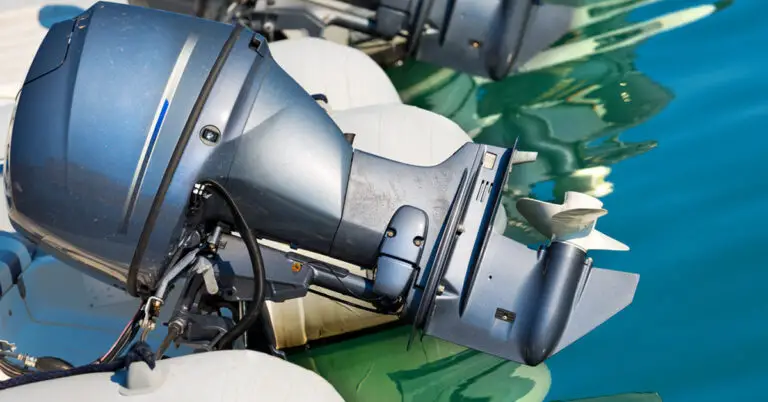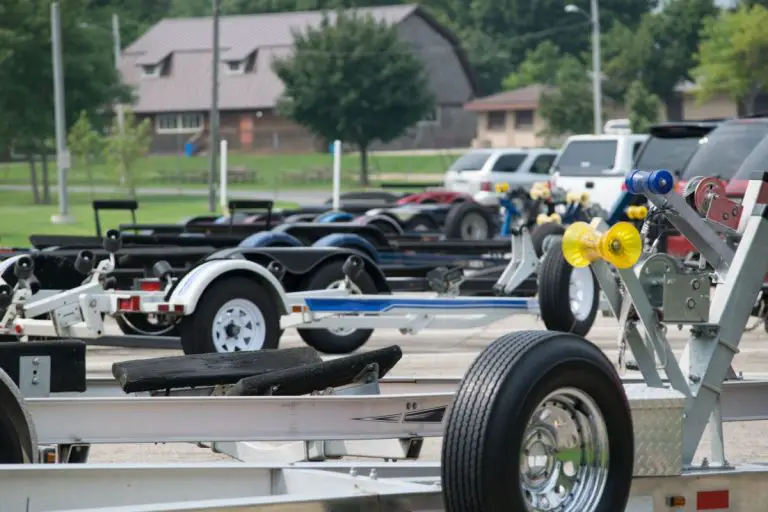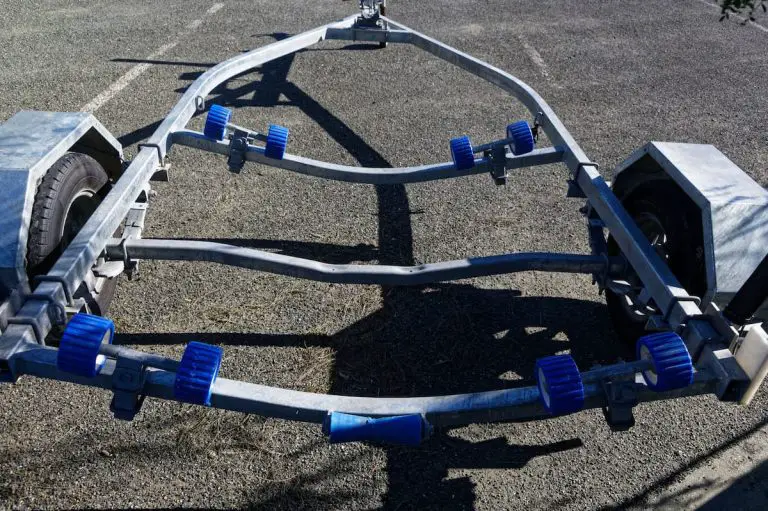How to Legally Start a Food Boat Business? Navigating the Waters of Culinary Entrepreneurship
Starting a food boat business can be exciting and rewarding for culinary entrepreneurs, but it’s important to navigate the legal waters carefully. Operating a food boat involves unique challenges and regulations that may differ from traditional brick-and-mortar restaurants or food trucks. As such, it’s essential to clearly understand the legal requirements and regulations for setting up and running a successful food-boat business.
To legally start a food boat business, you must obtain necessary permits and licenses, comply with health and safety regulations, manage waste properly, and follow maritime laws. Understanding the unique challenges and regulations of operating a food boat is crucial.
This article will explore the ins and outs of starting a food boat business, from obtaining necessary permits and licenses to navigating health and safety regulations. We’ll also delve into some unique considerations of operating a food boat, such as managing waste and complying with maritime laws.
Whether you’re a seasoned chef looking to take your skills to the water or a budding entrepreneur interested in culinary startups, this guide will provide valuable insights into the legal and practical aspects of running a successful food-boat business.
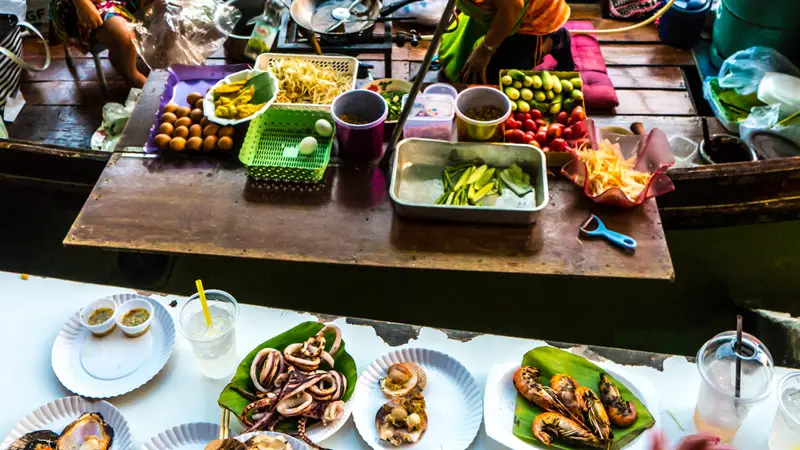
Understanding the Legal Requirements for Food Boat Businesses
If you’re considering starting a food boat business, it’s crucial to clearly understand the legal requirements involved. Operating a food boat involves unique challenges and regulations that may differ from traditional brick-and-mortar restaurants or food trucks. As such, it’s essential to research and ensure you have all the necessary permits and licenses before launching your business.
- Legal requirements for food boat businesses differ from brick-and-mortar establishments
- Research is essential to ensure necessary permits and licenses are obtained before the launch
- Permits and licenses include a business license, food service establishment permit, mobile food vending permit, permit to operate on water
- Health and safety regulations must be followed to ensure safe food handling and consumption
- Regulations may include inspections by local health departments or regulatory agencies
Obtaining Permits and Licenses for Your Food Boat
Before launching your food boat business, obtaining the necessary permits and licenses to operate legally is essential. Depending on your location, these requirements may vary, but here are some common permits and licenses you may need to obtain:
- Business License: A business license is a legal requirement for any business, including a food-boat business. You may need a general business license from your state, county, or city government.
- Food Service Establishment Permit: A food service establishment permit is required to operate a food boat business. Your local health department issues this permit and ensures your business complies with health and safety regulations.
- Mobile Food Vending Permit: If you plan to operate your food boat business on public property or in a public right-of-way, you may need to obtain a mobile food vending permit. This permit ensures that you comply with local laws and regulations regarding the operation of mobile food vending businesses.
- Permit to Operate on the Water: Depending on your location, you may need to obtain a permit to operate your food boat on the water. The appropriate agency, such as the Coast Guard, issues this permit and ensures your boat is safe and seaworthy.
To obtain these permits and licenses, you must complete an application process, pay fees, and comply with specific requirements. It’s essential to research the requirements in your location and ensure that you have all the necessary documentation before launching your food boat business. Failure to obtain the proper permits and licenses can result in penalties or legal action against your business.
Complying with Health and Safety Regulations

Complying with health and safety regulations is one of the most critical aspects of operating a food-boat business. Failure to do so can result in health risks to your customers, legal action, and damage to your reputation. Here are some essential health and safety regulations to consider:
- Food Handling and Storage: Proper food handling and storage are essential to preventing the growth of bacteria and other harmful microorganisms that can cause foodborne illnesses. You should follow strict food handling and storage procedures, including cooking temperatures, cooling and reheating procedures, and safe food storage practices.
- Sanitation: Maintaining a clean and sanitary cooking and dining area is critical to preventing the spread of bacteria and other harmful microorganisms. You should establish regular cleaning and sanitizing procedures and ensure that all food contact surfaces are properly cleaned and sanitized.
- Food Safety Training: Your staff should receive proper food safety training to understand the risks associated with foodborne illnesses and how to prevent them. Many local health departments offer food safety training programs you and your staff can participate in.
- Inspections: Depending on your location, you may be subject to inspections by local health departments or regulatory agencies. These inspections ensure that your food boat business meets safety and hygiene standards. Understanding and complying with these regulations is crucial to avoid penalties and protect your business.
Managing Waste and Environmental Concerns
Managing waste is an essential aspect of operating a food-boat business. Improper waste management can harm the environment, create unpleasant odors, and attract pests. Here are some tips for managing waste and environmental concerns:
- Waste Reduction: One of the most effective ways to manage waste is to reduce it in the first place. You can reduce waste by using compostable or biodegradable packaging, implementing recycling programs, and avoiding over-preparation of food.
- Waste Disposal: Proper waste disposal is critical to prevent environmental damage. Following local regulations and guidelines, you should dispose of waste in designated receptacles or trash compactors.
- Gray Water: Gray water is wastewater generated from sinks, showers, and other non-toilet sources. On a food boat, gray water may contain food particles and grease, which can harm the environment. It’s essential to follow local regulations for disposing of gray water and to properly treat and filter it before discharging it.
- Environmental Regulations: Operating a food boat business on the water requires compliance with specific environmental regulations. For example, you may need to comply with discharge limits for oil and other pollutants, prevent marine debris and litter, and maintain the cleanliness of the waterways.
By managing waste and complying with environmental regulations, you can protect the environment, your customers, and your business.
Navigating the Waters of Maritime Law
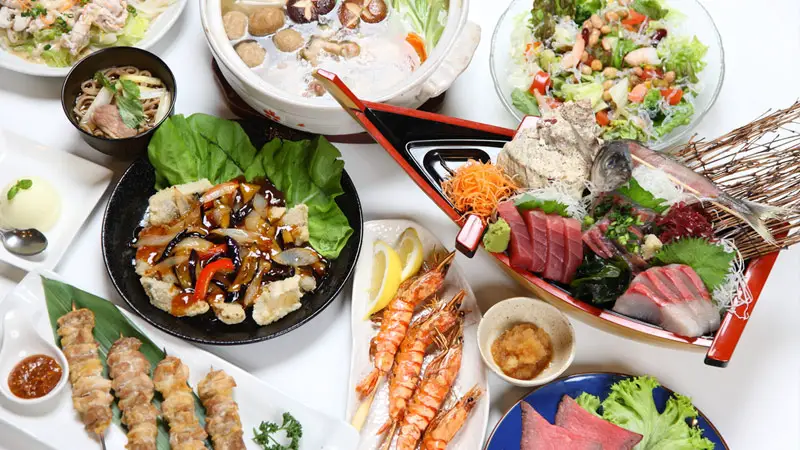
Operating a food boat business involves navigating maritime law’s complex and unique world. Maritime law refers to laws and regulations governing maritime activities, including operating vessels, cargo transportation, and navigation. As a food boat operator, you must understand your business’s specific laws and regulations, including registration, certification, and insurance requirements.
One of the essential aspects of navigating maritime law is obtaining the appropriate certifications and registrations for your vessel. Depending on the size and type of your vessel, you may need to obtain a Coast Guard Certificate of Inspection, a Small Passenger Vessel Certificate, or a Recreational Vessel Documentation. These certifications ensure your vessel meets the required safety standards and can operate safely on the water.
Another critical aspect of navigating maritime law is obtaining the appropriate insurance coverage for your food-boat business. Insurance requirements may vary depending on your location and the type of food boat business you operate. You may need to obtain liability, property, and marine insurance to protect your business from potential losses or damages.
Tips for Successfully Launching Your Food Boat Business
Launching a food boat business can be exciting and rewarding, but it requires careful planning and execution. Here are some tips to help you successfully launch your food boat business:
- Develop a Solid Business Plan: A well-thought-out business plan is crucial to the success of any business, including a food-boat business. Your plan should include a market analysis, financial projections, a marketing plan, and a detailed overview of your products and services.
- Choose the Right Location: Choosing the right location for your food boat business is critical. You must consider factors such as foot traffic, accessibility, and proximity to your target market. It’s also important to ensure that your location is legal and complies with local regulations.
- Build a Strong Brand: A strong brand can help you stand out in a crowded marketplace and attract customers. Your brand should reflect your business’s values and personality and be consistent across all marketing materials, including your website, social media, and food boat.
- Invest in Quality Equipment: Quality equipment can help you operate your food boat business efficiently and effectively. This includes your boat, cooking equipment, and other essential tools and supplies. You should also consider the maintenance and repair costs associated with your equipment.
Offer High-Quality Products and Services: Your success ultimately depends on the quality of your products and services. To create a loyal customer base, you should focus on providing high-quality, delicious food and excellent customer service.



